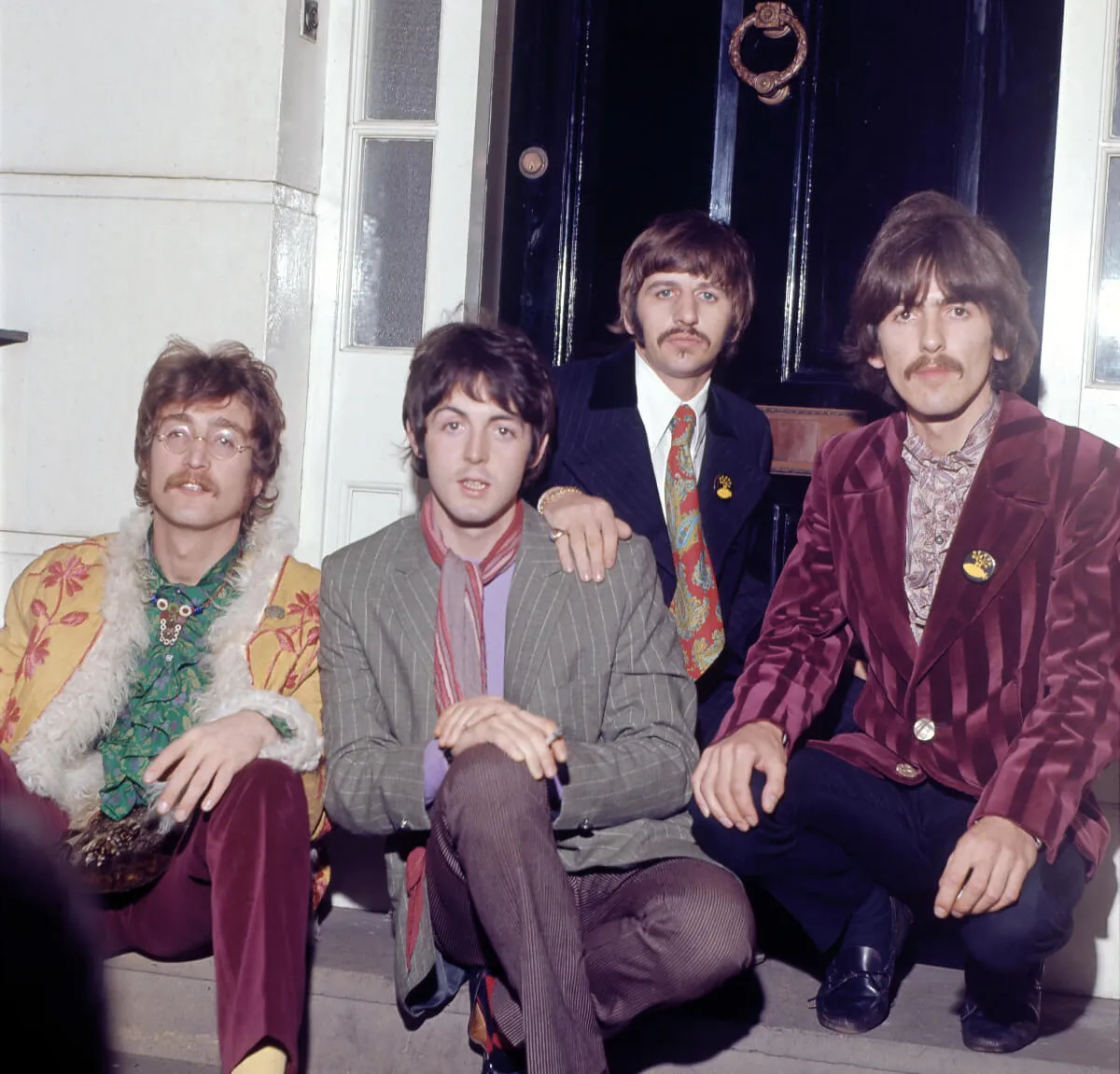
The Beatles Were Way More Sensitive Than They Wanted People to Think
The Beatles were generally jovial and facetious in interviews and to the public. John Lennon and George Harrison especially seemed able to brush off criticism and prejudice as if it meant nothing to them. According to the band’s biographer, they were all more sensitive than they seemed, though. They especially didn’t like when people talked about their hometown.
The Beatles felt hurt by prejudice against them
According to Lennon, much of the band’s public image was a front.
“It was natural we should put on our best show,” Lennon said in the book The Beatles by Hunter Davies. “We had to appear nice for people like the reporters, even the ones who were snooty, letting us know they were doing us a favor. But we would still play them along, agreeing with them, how kind they were to talk to us. We were very two-faced about it all.”
They rolled their eyes when people didn’t seem interested in them or criticized them. According to Davies, though, they were more hurt than they let on.
“Although they privately laughed at all the people who didn’t want to know them, carefully sent them up, or even openly sent them up, they were still very hurt by all the prejudice against them,” he wrote.
Paul McCartney said they couldn’t stand it when people told them they would never make it because they were from Liverpool.
“All we ever got in those days was, ‘Where are you from? Liverpool? You’ll never do anything from there. Too far away. You’ll have to be in London before you can do it. Nobody’s ever done it from Liverpool,’” he said. “That’s all we ever heard, for years.”
They, of course, proved people like this wrong, but it didn’t take away the sting of their words.
John Lennon wrote to a writer who criticized The Beatles
Lennon was so frustrated by one bad review that he personally reached out to the critic, Tariq Ali.
“In the Black Dwarf, our left-wing magazine, we criticized the Beatles’ songs ‘Revolution 1’ and ‘Revolution 9,’ saying these were very weak songs,” Ali told Jacobin. “To our surprise, a letter to the editor from John Lennon arrived, which we published. I got our music critic to reply, Lennon replied back. And then he rang me up. ‘Hey Tariq, you know, are we going to carry on fighting in letters pages of your paper. Why don’t you come around and let’s have a chat?’”
Ali published their subsequent conversation, which worried Lennon. He thought he came across as too intelligent.
“He read it and said, ‘God, you make me sound so intelligent.’ And ‘are you sure I should be published in the magazine? Because it’s very serious, and I don’t want it to lose any prestige.’ And I said, don’t be silly, it will just sell a few more copies.”
They disliked receiving bad reviews
Members of the band also complained when they received bad reviews. Almost two decades after NME wrote a bad review of “From Me to You,” Lennon complained about it in an interview.
McCartney said the band also took offense to a review about Sgt. Pepper’s Lonely Hearts Club Band. It wasn’t negative, it just gave producer George Martin more credit than they thought he deserved.


